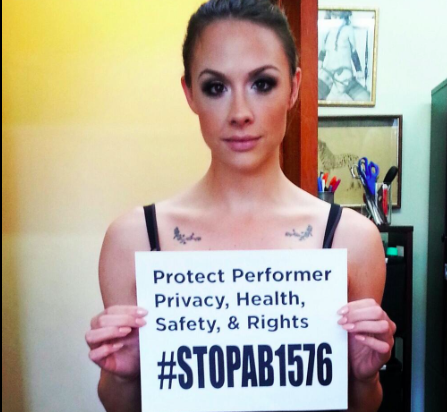You Cannot Consent To Being Treated Illegally: An Interview With Corinna Spencer-Scheurich

I’m currently in the beginning stages of suing local Portland strip club Casa Diablo. So of course when last fall the Oregon chapter of the National Association of Social Workers hired lobbyists from lobbying firm Pac/West to find out what protections strippers need and to craft a bill that offers these protections, I was very interested. But by the second meeting it was clear that as far as knowing strippers’ rights was concerned, both groups were starting from a blank slate.
To clear the matter up, I talked via e-mail to Corinna Spencer-Scheurich, a lawyer from the Northwest Workers’ Justice Project, an Oregon organization that represents workers in wage claims, does education and outreach about wage theft, and works on other ways to promote human and labor rights. This fall, Spencer-Scheurich represented a dancer in a lawsuit against Portland club Rose City Strip, which won in arbitration. She’s also done two presentations on the legal rights of strippers for SWOP-PDX.
Red: In most of the country, strippers are working thinking they’re independent contractors. But are they really? We’re winning these lawsuits for employee status across the country—Rick’s, Sapphire, Spearmint Rhino, Rose City—what are the indicators of independent contractors status?
Corinna Spencer-Scheurich: Those are a lot of big questions so let me see if I can break it down. Many workers (including dancers) are treated as independent contractors, when they are actually employees. This happens in a lot of industries.
Red: Like FedEx drivers it turns out! And Uber drivers.
Spencer-Scheurich: Exactly. So this is a big problem overall. It is especially rampant in the exotic dancing industry. Clearly, there are independent contractors who are dancers. The clear cases are where people are headliners or traveling acts, etc. Where they are their own business entity separate from the club. But, there are many more dancers who are employees. And those are the cases that you are seeing dancers bring across the country.
Red: So to really be an independent contractors would you have to be registered or licensed as your own business?
Spencer-Scheurich: That would be one hallmark of an independent contractor. Another might be that the dancers could actually negotiate their contracts (instead of everyone [being] subject to the same rules).
Red: So being able to change prices for dances, or [deciding] when they show up to work and leave?
Spencer-Scheurich: Right, the less control the club has over the dancer, the less likely the dancer is going to be an employee. So, you are more likely to be an employee if you are subject to fines, can’t set your own schedule, have to dress a certain way, can’t control how you are paid, etc. No particular factor determines whether you are an employee or [an] independent contractor. Courts just look at the whole picture. One big piece of the whole picture is whether the dancing is an integral part of the club’s business. As we know, strip clubs need strippers.



